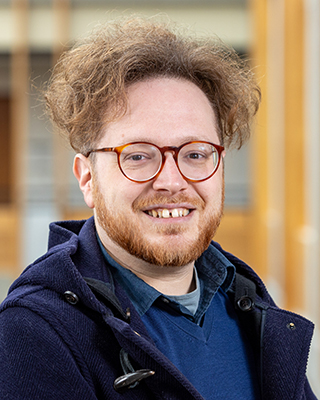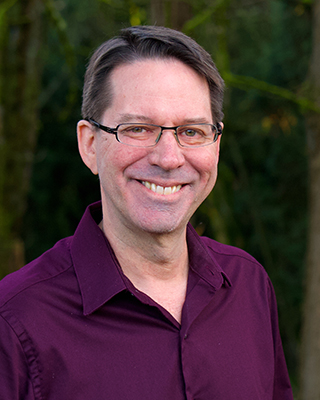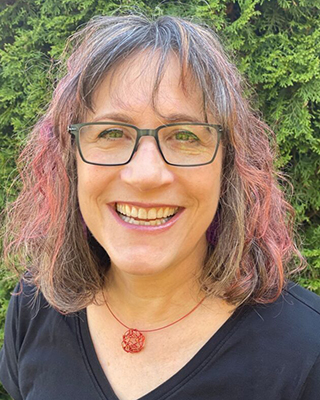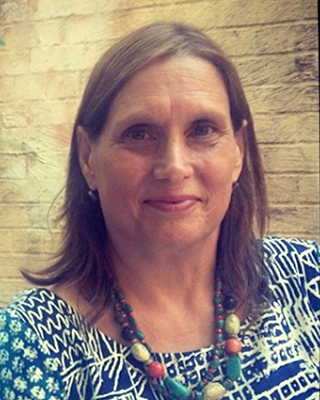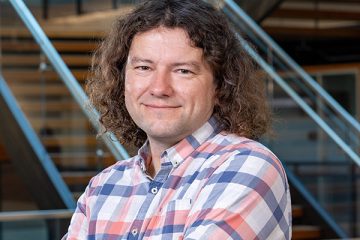Advances in low- and no-power sensing, communication and interaction technologies offer new possibilities for blending digital innovation with our physical environment.
From gesture recognition that allows people to interact with objects in new ways, to low-power sensors that collect and transmit data about temperature, air quality, urban accessibility and more, our researchers are tapping into the potential of computation to transform how we experience the world around us.
Research Groups & Labs
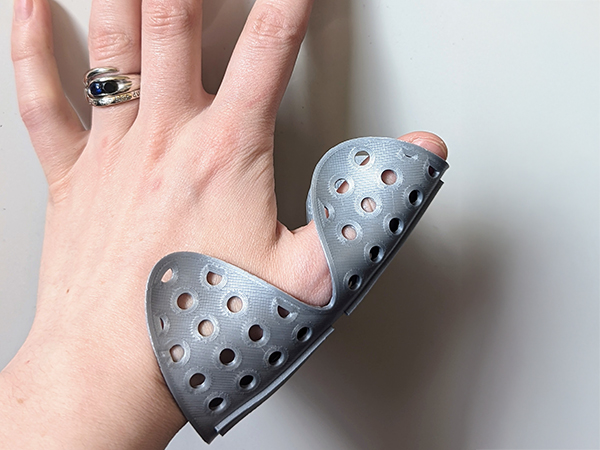
Make4all Group
Make4all Group creates solutions that empower people with disabilities to accomplish their goals, applying technologies such as 3D printing, knitting and other fabrication technologies to improve inclusion in and accessibility of our digital future.
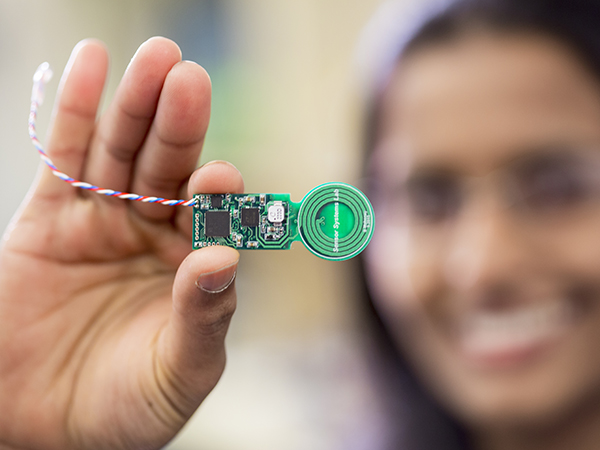
Sensor Systems Laboratory
The Sensor Systems Laboratory invents new sensor systems, devises new ways to power and communicate with them, and develops algorithms for using them, with applications in the domains of bioelectronics, robotics, and ubiquitous computing.
Faculty Members
Centers & Initiatives
The Tech Policy Lab is a unique, interdisciplinary collaboration at the University of Washington that aims to enhance technology policy through research, education, and thought leadership. Founded in 2013 by faculty from the Paul G. Allen School of Computer Science & Engineering, Information School, and School of Law, the Lab aims to bridge the gap between technologists and policymakers and to help generate wiser, more inclusive tech policy.
Computing for the Environment (CS4Env) at the University of Washington supports novel collaborations across the broad fields of environmental sciences and computer science & engineering. The initiative engages environmental scientists and engineers, computer scientists and engineers, and data scientists in using advanced technologies, methodologies and computing resources to accelerate research that addresses pressing societal challenges related to climate change, pollution, biodiversity and more.
Highlights
Computing Research Association
UW News
Allen School News

